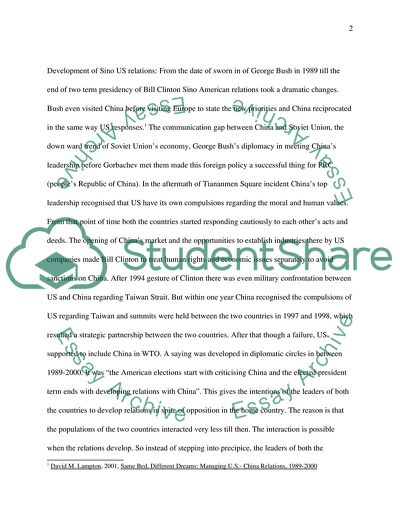Cite this document
(“Was Deng Xiaoping's Foreign Policy a Success or a Failure Research Paper”, n.d.)
Was Deng Xiaoping's Foreign Policy a Success or a Failure Research Paper. Retrieved from https://studentshare.org/politics/1704820-was-deng-xiaopings-foreign-policy-a-success-or-a-failure
Was Deng Xiaoping's Foreign Policy a Success or a Failure Research Paper. Retrieved from https://studentshare.org/politics/1704820-was-deng-xiaopings-foreign-policy-a-success-or-a-failure
(Was Deng Xiaoping'S Foreign Policy a Success or a Failure Research Paper)
Was Deng Xiaoping'S Foreign Policy a Success or a Failure Research Paper. https://studentshare.org/politics/1704820-was-deng-xiaopings-foreign-policy-a-success-or-a-failure.
Was Deng Xiaoping'S Foreign Policy a Success or a Failure Research Paper. https://studentshare.org/politics/1704820-was-deng-xiaopings-foreign-policy-a-success-or-a-failure.
“Was Deng Xiaoping'S Foreign Policy a Success or a Failure Research Paper”, n.d. https://studentshare.org/politics/1704820-was-deng-xiaopings-foreign-policy-a-success-or-a-failure.


